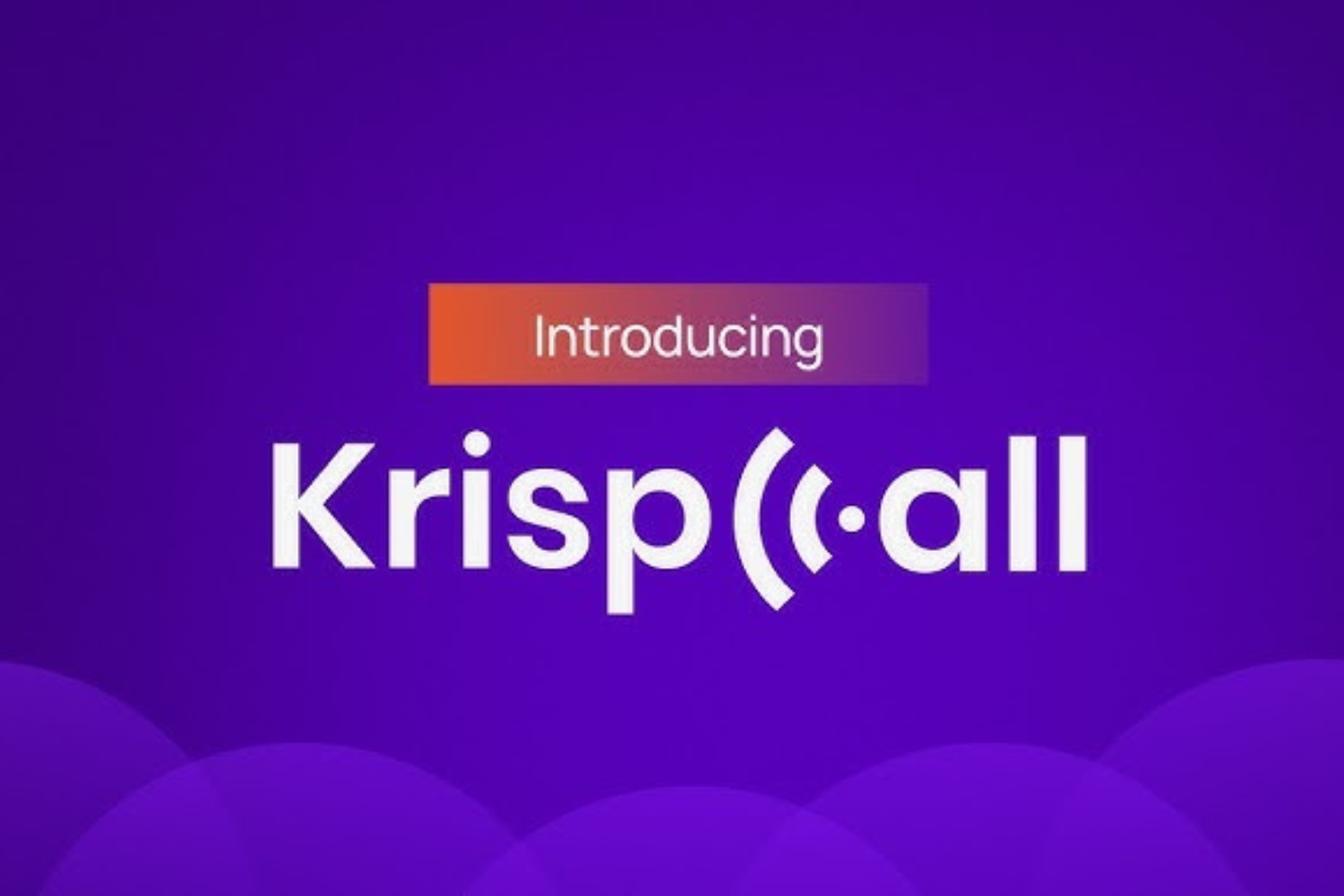From the point of view, your Website and Blog Monetization is both an effort asking and timed capacity related process. Furthermore, unless you have an internally or externally set of a competent online team working behind the scenes, you’ll fail.
Not only making it a go on your general website design and development but also, achieving a useful and resourceful blog site monetization strategy. But, if you have a good financial capacity, the main implementation, authorization, integration, and analytics process becomes so simple. And as a matter of fact, for some blog site publishers, it has taken them a lot of their time until they gave up.
But, it is important to realize, display monetization is something that many site owners, content creators, and bloggers will spend a lot of time on. However, only a few will actually master the art of generating enough traffic. Especially to their site in order to make some serious money with it.
What Is Monetization?
Monetization means making an asset profitable. This term has become quite popular in recent years and often refers to digital assets. Such content can include software, digital media, or files. With the proliferation of online media and digital assets, this has become a popular concept. Especially among website owners, software developers, and other digital content providers.
Since so much online content is free, monetization strategies have become a crucial part of every content creator’s strategy. So, in general, for webmasters and online beginners alike, the Monetization term describes various money-making processes on content.
To enumerate, the term “Monetization” may equally be used informally to refer to exchanging possessions for cash or cash equivalents. For instance, in banking, the term refers to the process of converting or establishing something into legal tender. While it usually refers to the coining of currency or the printing of banknotes by central banks, it may also take the form of a promissory currency.
Here are a few examples;
- selling a security interest,
- charging fees for something that used to be free,
- attempting to make money on goods or services that were previously unprofitable
- or even making money on goods that had been considered to have the potential to earn profits.
Additionally, Data Monetization refers to a spectrum of ways information assets can be converted into economic value. Still another meaning of “Monetization” denotes the process by which the U.S. Treasury accounts for the face value of outstanding coinage. This procedure can extend even to one-of-a-kind situations.
Such as when the Treasury Department sold an extremely rare 1933 Double Eagle. In reality, the coin’s nominal value of $20 was added to the final sale price. Reflecting the fact that the coin was considered to have been issued into circulation as a result of the transaction.
In some industry sectors such as high technology and marketing, monetization is a buzzword for adapting non-revenue-generating assets to generate revenue. Below are a few terms to consider in the world of monetization.
1. Marketing
Everyone has a hard time describing this activity but I’ll break it down for you with my definition: The activity of bringing products and customers together.
2. Advertising
The most common form of monetization for websites is Advertising, it works great for media sites, blogs, and other news and media sites. For the corporate web strategist, their goal is to get ads on these sites.
Conversion Rater has listed out the many forms of advertising including:
- Contextual Advertising
- Display Advertising
- Targeted Advertising
- Text Link Advertising
3. Sponsorship
I’m calling this out as separate than advertising as often sponsors are infused into website or media as part of the experience. One example that often comes to mind is the infusion of the ScobleShow and Seagate brand.
Joseph mentions the brand uses the products and displays the logo on a variety of media he creates.
4. Paid Content and Advertorials
Often in magazines and newspapers, we’ll see advertorial sections that –at first glance– appear to be editorial of a publication. These paid content areas likely have useful or valuable knowledge being shared, but at the same time will guide the user towards a marketing direction. Media websites can offer these advertorial sections to their websites, allowing marketers to publish content. Transparency is required, don’t even think of trying to slip one over your users, as when they find out (they always do) a rebellion will occur.
5. Syndication of Content
By repurposing content from other channels, or displaying your content on other websites can result in residual revenue in micropayments or fixed pricing. Displaying content feeds from other sources can result in content providers paying money to the provider.
6. Affiliations
For many websites, providing recommended links to partners can be a steady stream of links and revenue from the commission. Amazon’s book recommendations program is an example of this. It’s important that the website be fully transparent about the relationship of the linking and recommendations. Companies that aggregate content and distribute to other companies can receive a micro-payment for such activities. For example, Mozilla’s Firefox generates regular amounts of micro-payments from users that use their search bar in the top right on the browser.
7. Donations
I put this under the Marketing bucket as the same types of activities are required to obtain donations from groups or individuals. This common method requests money be given to a cause, in return goodwill is shared from recognition (or badges to be placed on the website) tax benefits. Or knowing that one has supported something they believe in.
8. Conversion
Not all websites make direct revenue, although Marketers can bring prospects closer to the sales point. In some companies, those that bring qualified leads get paid, a dollar amount is defined for those leads. Websites can generate interests from marketing activities, contact sheets, qualification activities that eventually result in sales. Although indirect, don’t overlook this powerful form of revenue generation.
Which are the Main Types of Monetization?
As a web strategist, you’re an individual who is responsible for the long term direction of a website and meets the requirements of business, community, and technology. Part of your role is to keep your website profitable, even if it doesn’t generate direct revenue streams.
As you plan out the direction of your website, there are multiple ways to bring your web strategy to fruition, I’m going to list out these methods below. First of all, there are two broad types of Monetization commonly used on the Internet. Whereby, you can choose one or both for your website monetization or blog monetization. So, there are two general ways of pursuing business interests online.
But, although there are two general monetization types, you don’t have to choose between them. Diversity and the use of multiple monetization methods are usually best. So, incorporate aspects of both types!
What is Website Monetization?
For beginners like yourself, it is not easy to crack around the Website Monetization Algorithms. In that case, coming up with the most productive and responsive advertisement channels for the website.
It is important to realize, any website can make you a profit if you know how to monetize it. In my previous article, I’ve shared guides and tips on how to reach higher income levels. Especially through your Website Monetization.
But don’t focus just on a high income; focus on the quality of your website. And the clever use of monetization methods. In the long run, this will pay off and you will earn a lot on the site.
What is Blog Monetization?
Blog Monetization Program allows you to earn through providing set space for online advertisers marketing alongside your content. For example, if your content is well optimized for AMP and SEO query you would match adverts alongside or within your blog posts.
Additionally, for the adverts to appear on your blog, there are several steps to take in accordance with your web Ads display networks. A good example of a top-rated website and blog monetization network includes Google AdSense Programs. There are affiliate networks that allow you to promote other people’s products and services.
At the same time, before even thinking about Blog Site Monetization, you must know who your target audience is. In addition to how to create the best content possible, and have an ultimate Call to Action in place. These focus points will vary heavily based on the type of content you are creating, and the audience you are going after.
But the monetization methods and the process still work the same. It is a good idea to always be looking for ways to incorporate monetization methods into your revenue-generating plans. For example, you can be an entrepreneur, an infopreneur, or both.
Here is what you should know;
A. Entrepreneur Monetization
Be that as it may, an “Entrepreneur” often sees the internet as a way to branch out to a bigger market. And do more of what he or she does. The type of “Entrepreneur” Monetization most commonly used involves — selling products that are acquired or created by the website owner.
As a matter of fact, the owner usually moves a business online. And if he sells shoes in the real world, he’ll open up a shoe shop online. Further, if he has a hoola-hoop store, he’ll sell hula-hoops online. You get the point. But, the wonderful thing about the internet is that it also allows for pure infopreneurs.
B. Infopreneur Monetization
In the second place, people who fall into the “Infopreneur” Monetization type are like the entrepreneurs in most ways too. Including the way, they think and pounce on opportunities. However, the internet is driven by information. Because of this, people can generate income by providing the service of providing information.
The term “Infopreneurs” refers to someone who sells only informational products or no products at all. Not forgetting, some Infopreneurs sell nothing they have created at all. Focusing completely on generating revenue through various avenue sources.
Such as;
- contextual ads,
- selling advertising space to other businesses,
- acquiring commissions from affiliate relationships,
- and other creative ways.
Not to mention, they do this while providing free informational content. Like the jmexclusives team does through their online referral & affiliate blogging page. Therefore, to get a good idea of what is out there for you to choose from, be sure to evaluate all of your Monetization Options.
Additional affiliate Topics include;
- 10+ ways to monetize a website in 2019
- How to build great content
- How to increase website traffic
- The best way to monetize a website in 2019
For those who are looking for the best results possible and wanting to sell higher ticket priced items, I recommend using each of the three methods below. Below I will highlight some of the best ways to make money with your website, blog, and even video content.
1. Google Adsense Native Advertising Program
Website Publishers in the Google Network and Advertising Networks has Monetization Program called Google Adsense. Served by rich content site text, images, video, or interactive media advertisements. In particular, that are targeted to the site content readers and traffic visit audience.
However, these advertisements are administered, sorted, and maintained by the Google Company. In addition to Google AdSense, please read more about other Advertising Networks for Your Website. Bearing in mind, participation in the Google AdSense Program is free.
Even better, Google will pay you for clicks or impressions on the Google ads you’ll display on your site. For more details on the revenue, you can generate with AdSense, read the Entry on earning with Google AdSense. You may also wish to Submit an Application Now.
2. Lead Generation and Online Webinars
Not only are webinars easy to set up and work wonders for lead generation and sales, but it can also blow your conversions and ROI through the roof. Even more exciting is what companies like ClickMeeting are doing with their integrations for Facebook and YouTube live streaming.
With users already active and familiar with these social and video platforms, it simply leads to increased engagement, leads, and conversions for anyone using webinars to grow their brand or business.
Being in the “Making Money Online” industry, I see a ton of bloggers and experts selling their own products and services. This usually happens after a blogger or authority figure has already established themselves within a space. Not only can you make money with a blog, but you can also change your life with one in the process.
No matter when you are going to start the monetization process, lead generation is something you should always be working on—but it ultimately comes down to the quality of content you are offering, and the perceived value by the end-user.
Here’s an effective and simple way to get started;
- First, you need to have a mailing list. Most of us already have one of these in place. If you don’t already, set one up today.
- Second, have an offer to give away in exchange for a user submitting their email and joining your list. This can be as simple as a free PDF or access to a private section of your site.
- Third, have an autoresponder and solid call to action in place.
3. Affiliate Marketing with Focused Offers
Affiliate marketing falls under a large umbrella of affiliate programs. The affiliate programs are also associate programs. In addition, professional affiliates handle the affiliation process during the marketing period. If you have ever asked yourself what are affiliates, and more importantly what they do, then keep reading.
While reading this, you will be visualizing on becoming an affiliate marketer. Whenever you learn how affiliate marketing works, you get to cash in addition to bucks to your account. However, to get there, you’ve got to build your business and your network first.
Having been in the industry and making money for well over years now, affiliate marketing is where I got my start. And it’s still one of the best and most effective ways to make money online. The concept is simple: Refer traffic to another website, and earn a commission on any leads or sales that are generated.
After all, Affiliate Marketing works so well, because there is no inventory to hold, and nearly every website and brand has some form of commission. As an example, HostGator also has an affiliate program, in which they pay out millions of dollars to their site partners every year.
You can read and learn more about Affiliate Marketing Programs Beginners Guide.
4. YouTube Channel Content Monetization
YouTube, LLC is an American video-sharing website headquartered in San Bruno, California. Three former PayPal employees-Chad Hurley, Steve Chen, and Jawed Karim—created the service in February 2005.
Google bought the site in November 2006 for US$1.65 billion; YouTube now operates as one of Google’s subsidiaries. YouTube believes that everyone deserves to have a voice. Additionally, the world is a better place when we listen, share, and build community through stories.
As a matter of fact, YouTube is one of the most visited websites on the internet. If you want to increase your sales, establish some authority, or simply want to be more known, then starting on YouTube makes a lot of sense. There’s just one thing that you should know.
These days, the competition is a bit stiff. However, this doesn’t mean that there’s no room for newcomers. Dreaming of becoming a YouTube Superstar with millions of subscribers might not be realistic. But a modest goal of having a couple of hundreds to thousands of subscribers is very achievable, especially with Socialboss Youtube views.
5. Monetize your Mobile App
Be that as it may, a Mobile Application, most commonly referred to as an app, is a type of application software. Designed to run on a mobile device, such as a smartphone or tablet computer. Mobile applications frequently serve to provide users with similar services to those accessed on PCs.
For one thing, building a mobile app these days is easy. However, monetizing that same app has become nearly impossible. Given how saturated the market is with free options (and potential customers unwilling to pay).
An Android App is a software application running on the Android platform. Because the Android platform is built for mobile devices, a typical Android App is designed for a smartphone or a tablet PC running on the Android OS. See the Beginners Guide on How You Can Monetize your Mobile App.
What do you think about this preview guide? Do you think it’s a good one for a start? Please share your thoughts in the comments sections below this blog. You can also Contact Us if you’ll have more questions that demand our attention or even if you’ll need more help.
Related Topic Links;
- Inbound Marketing | Everything you Should know
- Marketing Leads | How Do You Generate Conversions
- SEO Analysis Tools | 10 Best for Every New Webmaster
- Paid Search | A Beginners Guide In Online Marketing
- SERP | How do you Improve your Google Search Results?
Finally, I hope the above-revised guide on the best practices for your Monetization program was useful to you. Don’t forget to donate and support our research work and projects here.
Important Note;
In reality, YouTube — as one of the best examples of a monetization platform — is now pulling in over 1.8 billion users every month. This makes it one of the most popular service platforms in this century. With even more users than there is on Google’s Gmail Messaging Platform.
Competitively, YouTube’s monthly user number is nearing that of Facebook. Now that it’s the world’s largest and leading social media platform— with over 2 billion users. But, YouTube’s success is due largely in part to its extensive list of creators – known as YouTubers.
These creators range from amateur vloggers to professional online stars. Some of whom are the most influential voices on the internet. And in-kind, YouTube has paid out in over $2 billion to its creators since 2007. That’s why YouTube developers constantly review all YouTube content— to make sure that it’s in line with their user policies.
You can read and learn more about How YouTube Channel Monetization Works For YouTubers.





